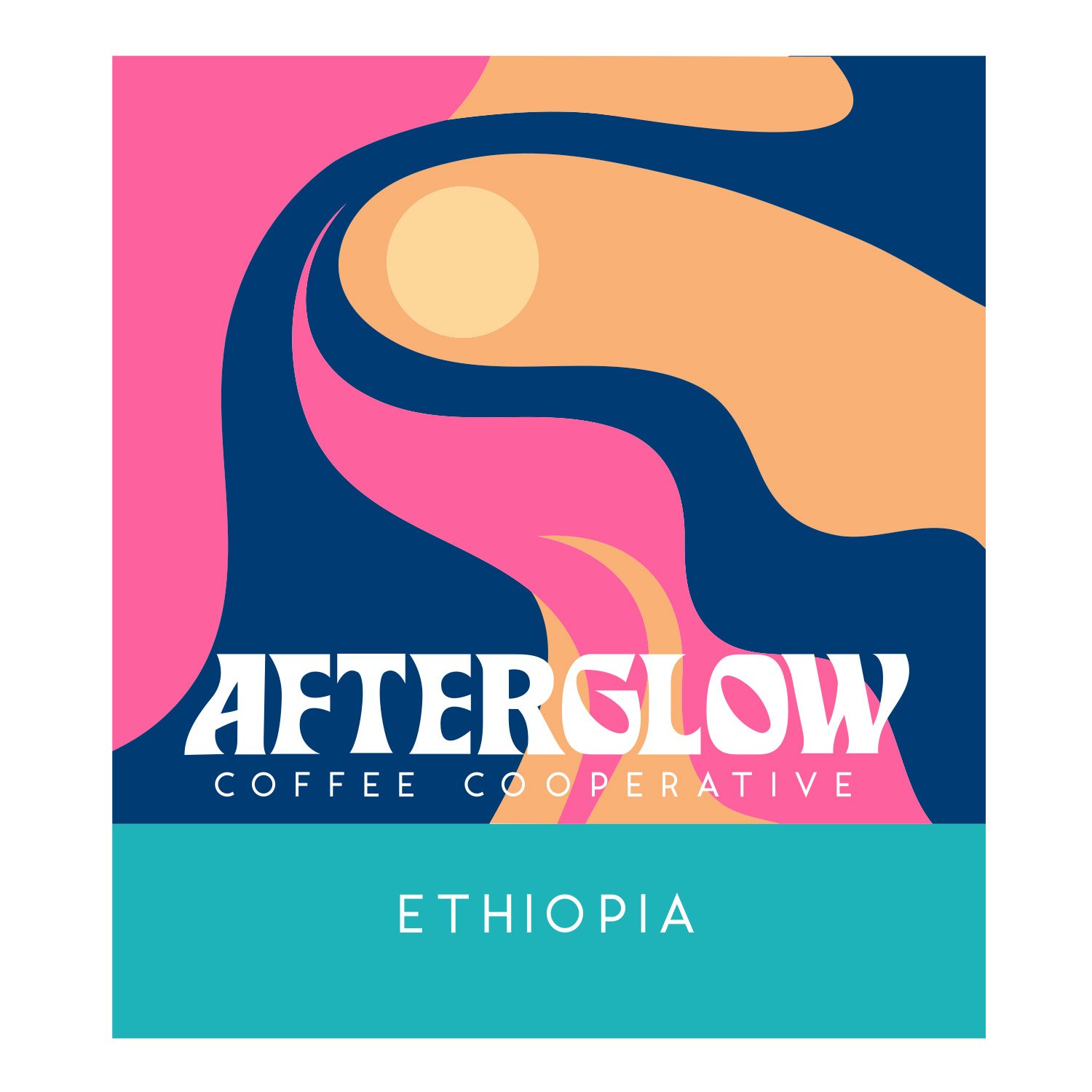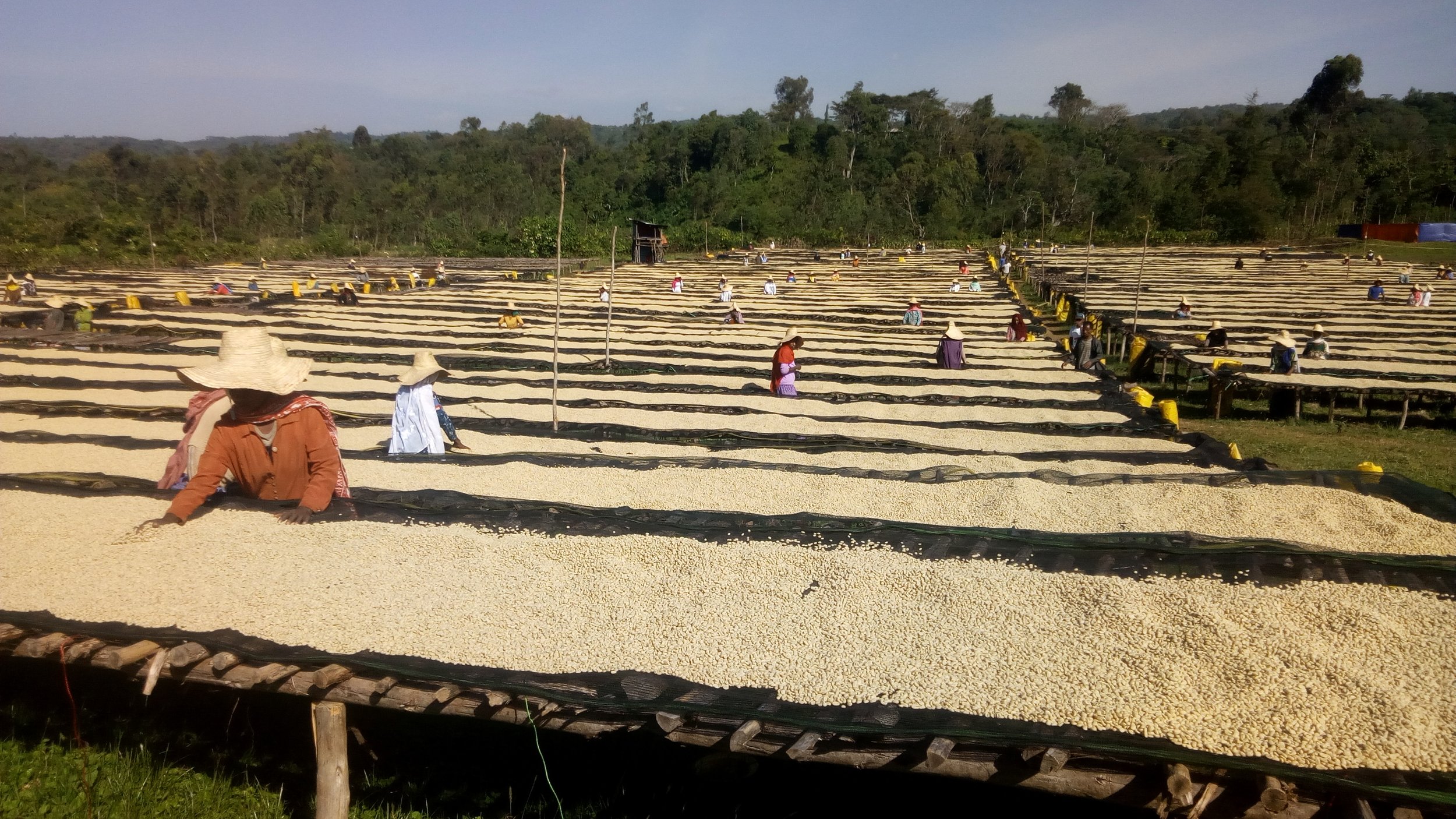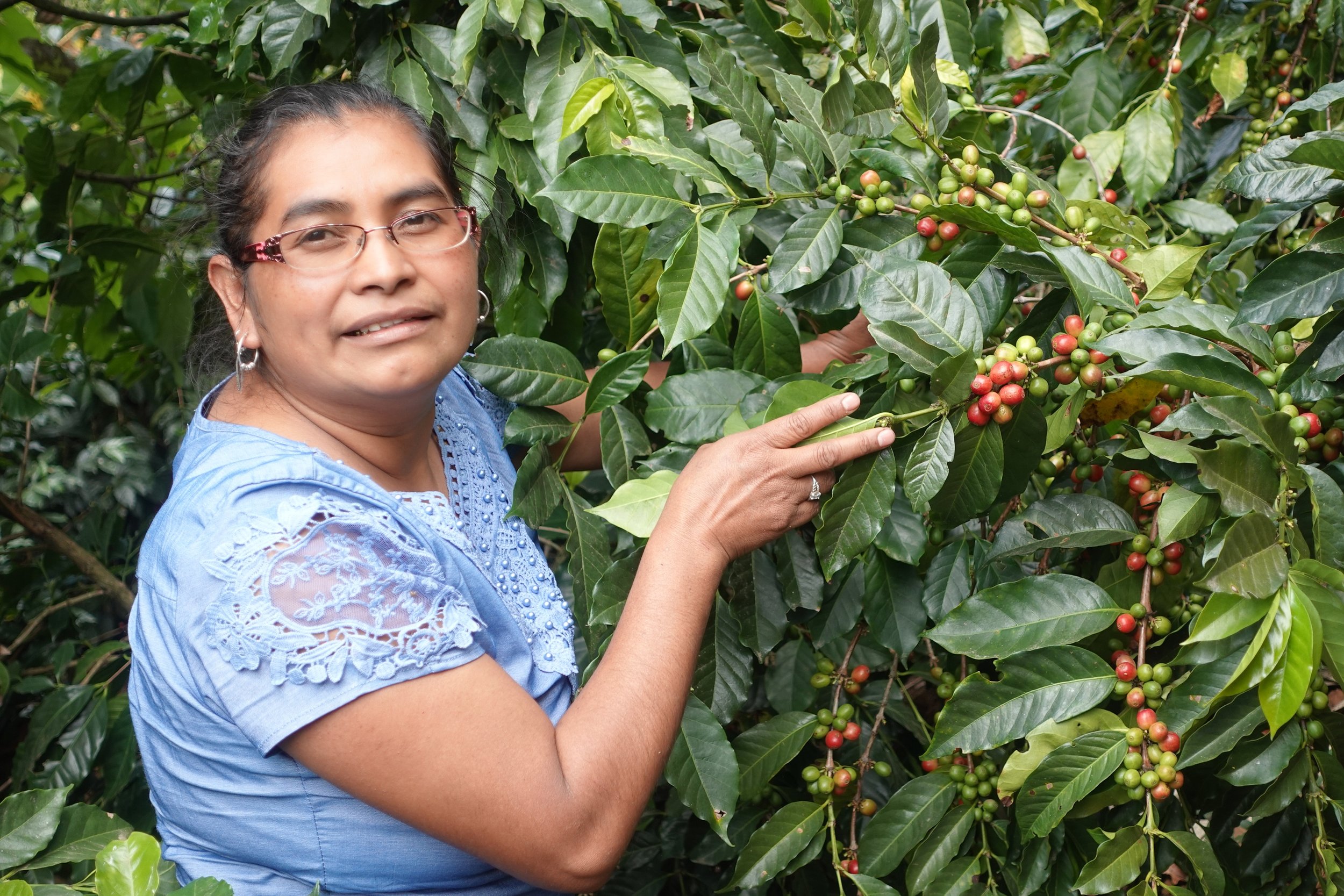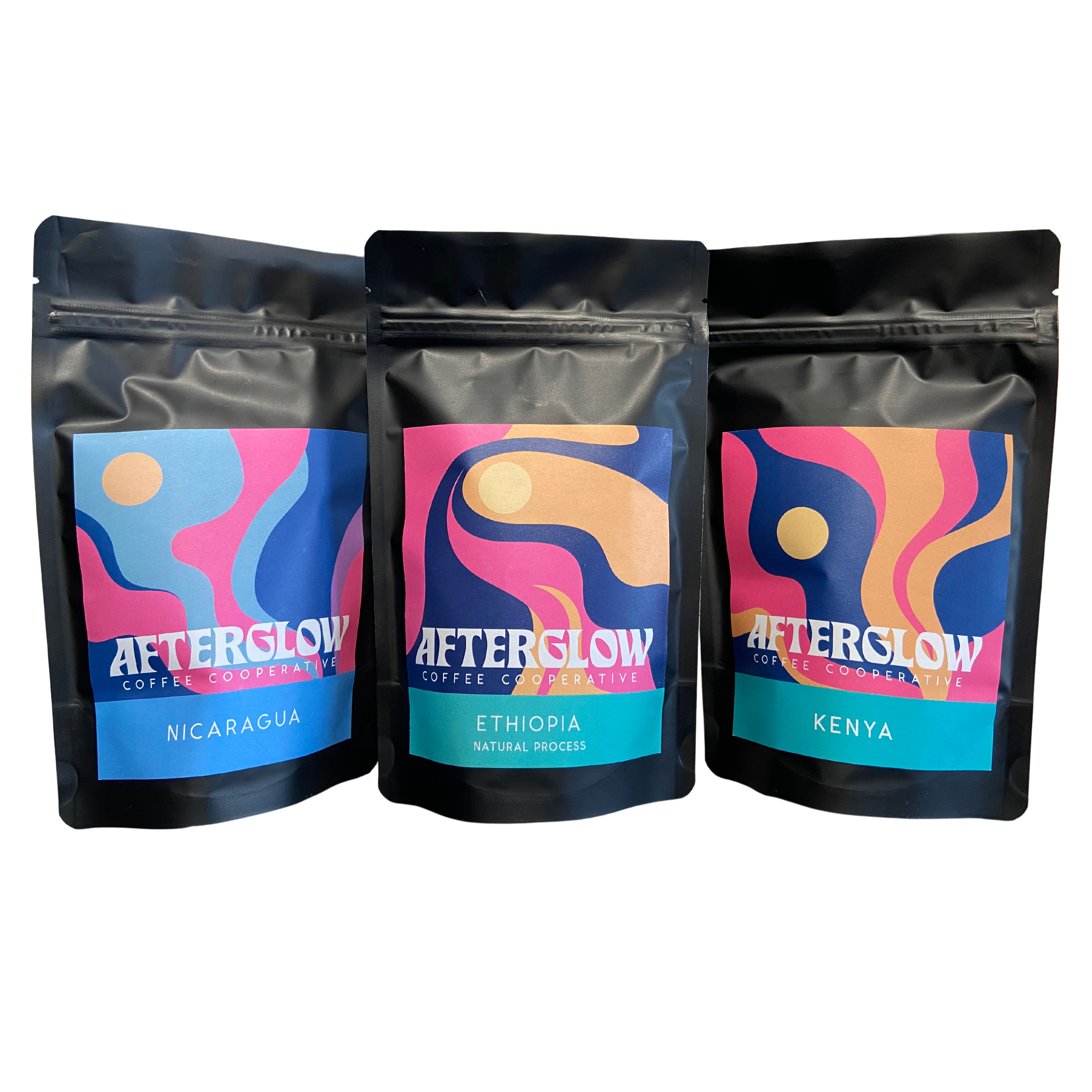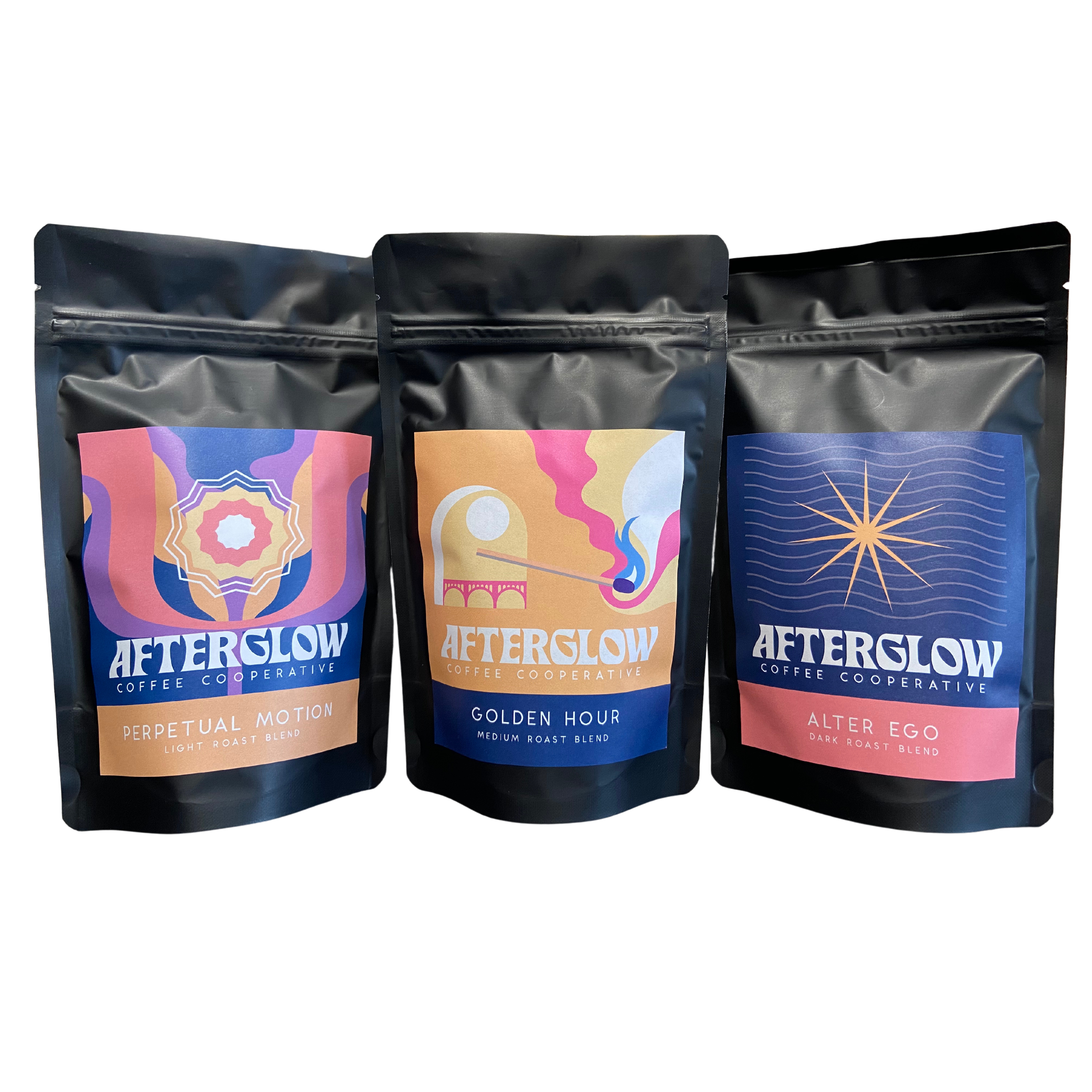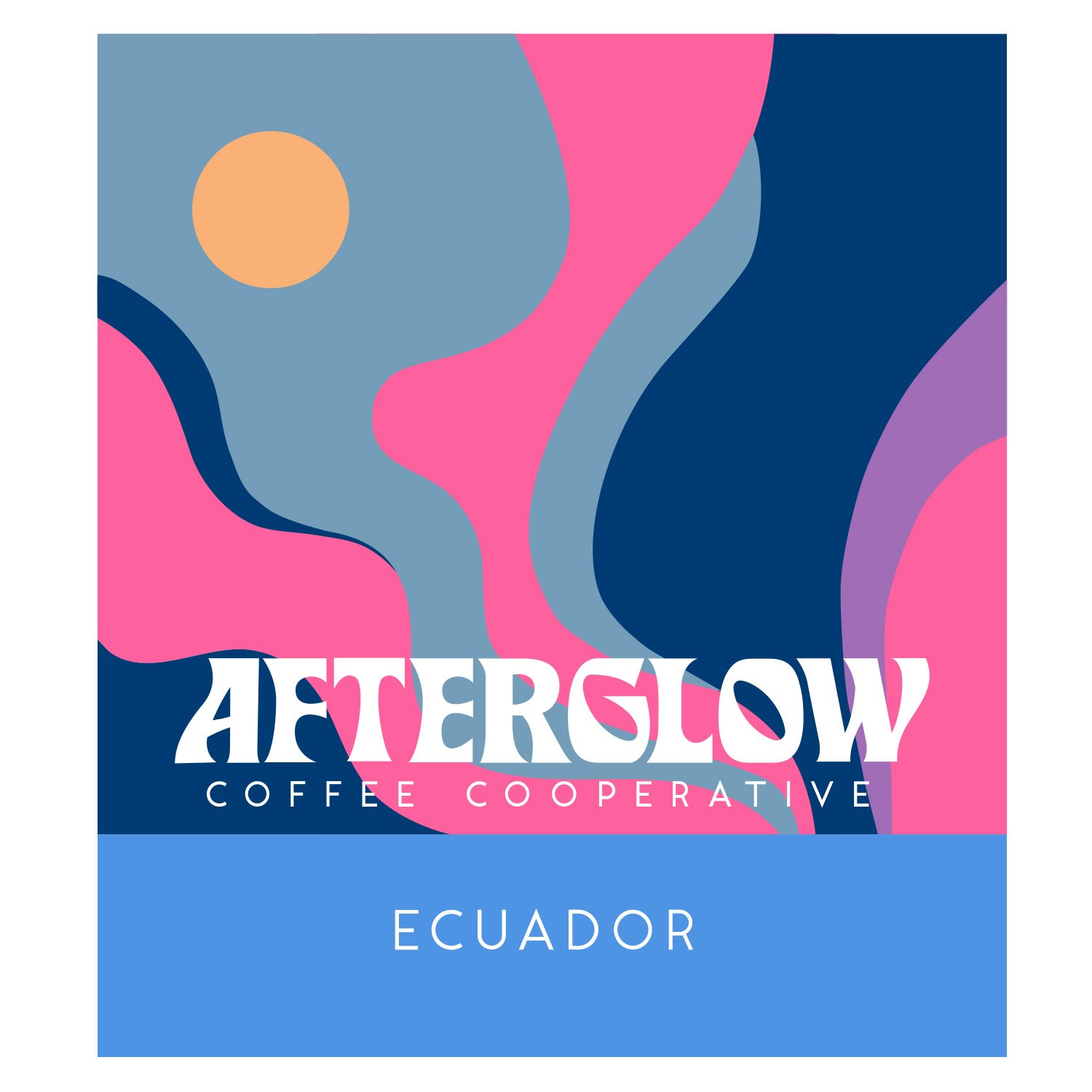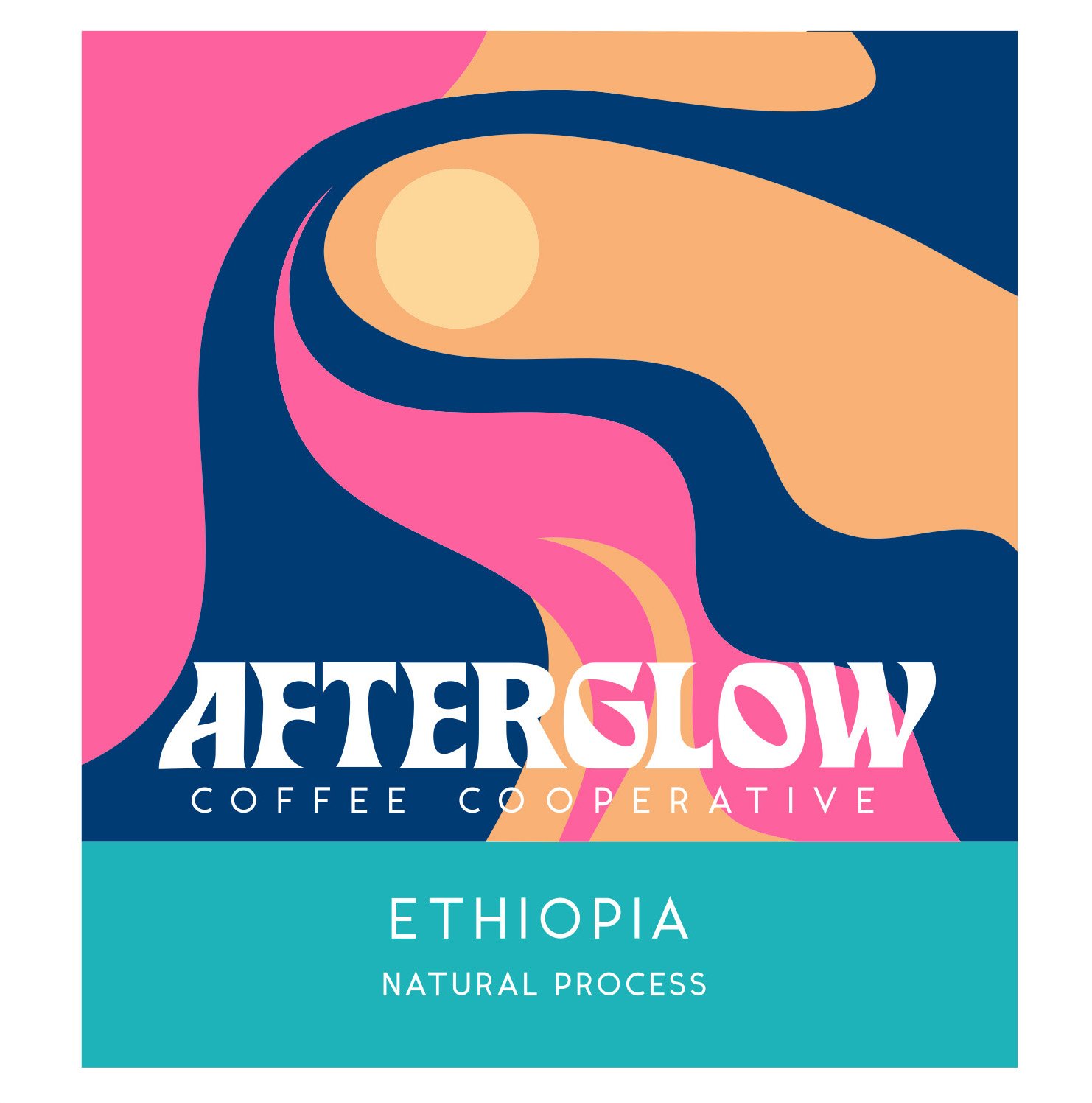Ethiopia Ayele Tulu
Fully washed coffee from Sidama. Traceable to the washing station level.
Fully washed coffee from Sidama. Traceable to the washing station level.
Fully washed coffee from Sidama. Traceable to the washing station level.
This coffee was grown at very high elevations (2100-2300 masl) in the Sidama region by 300 farmers who deliver cherry to Ayele Tulu’s washing station. Ayele got into the coffee business late in life, after a 45 year career in Awassa working for the government. After he retired, he returned to his ancestral home of Bona Zuria to create a legacy to pass on to his six childrem. This is our first time purchasing from Ayele’s station and we are really impressed with the quality. The cup is clean, sweet, and delicate, with notes of honeysuckle, champagne, white grape, bergamot, and melon. Thanks to our importer partners at crop to cup, this coffee is traceable and price transparent with an FOB price paid to Ayele of $4/lb.
Here’s some detailed economic and country context-based info about buying in Ethiopia, for those curious:
Of the over 100 million people in Ethiopia, almost 15 million rely on coffee for income. Coffee accounts for 60% of foreign income, and is about 40% of total country exports. For the scope (Africa's largest coffee producing country) and importance of the industry, there's a surprising amount of consolidation. Things are constantly changing in Ethiopia but for the most part, buying happens in these ways: from an exporter who buys off the government run exchange (ECX,), from a Co-op Union which markets coffees collected from member co-ops, or direct from a single producer or estate (as long as they have a farm over 2 hectares, they can export). Previously, exporters who owned wet mills in Ethiopia could buy cherry and sell the fully processed green coffee. Now, wet-mills are required to sell to the exchange, and exporters are required to buy from the ECX. In other words, wet-mills cannot no longer sell directly to exporters. As it stands, the only way to get exceptional coffee from the ECX is to buy it, then cup it see if you like it. If you don't, you’re stuck. This process isn’t practical for a specialty buyer, so oftentimes exporters will allow specialty buyers to cup through their purchases from the ECX and select the ones they like and the exporter can then use the coffees left over to fill a commodity contract for another buyer. While this can result in good coffee, the traceability is lost and the ability to replicate that coffee next year may be as well. Last, you may also find a landowner that builds a mill on their land, and buys cherry from surrounding farmers. This is called an out-grower scheme. They can directly export these coffees, and this has been a major loophole for wet-mill owners who were affected by the ECX regulation passed in 2008. For example, if I had a mill only, I have to sell to the ECX. But If I have a mill and I buy the farm it’s on and register that farm for direct export, now I can sell all the coffee from my mill to buyers and bypass the ECX. While this does happen, the ones that can do it have both money and political clout, stacking the deck against the smallholder. Ayele has taken advantage of this method of buying since he owns both a farm and the mill on the farm, and this is how we are able to have fully traceable coffee from his mill!

